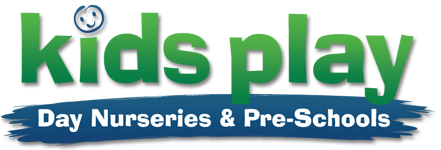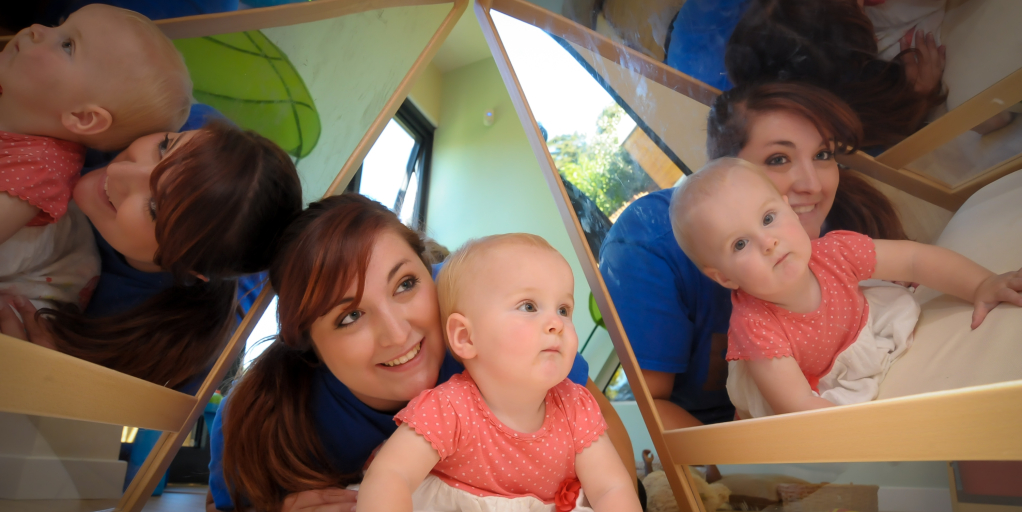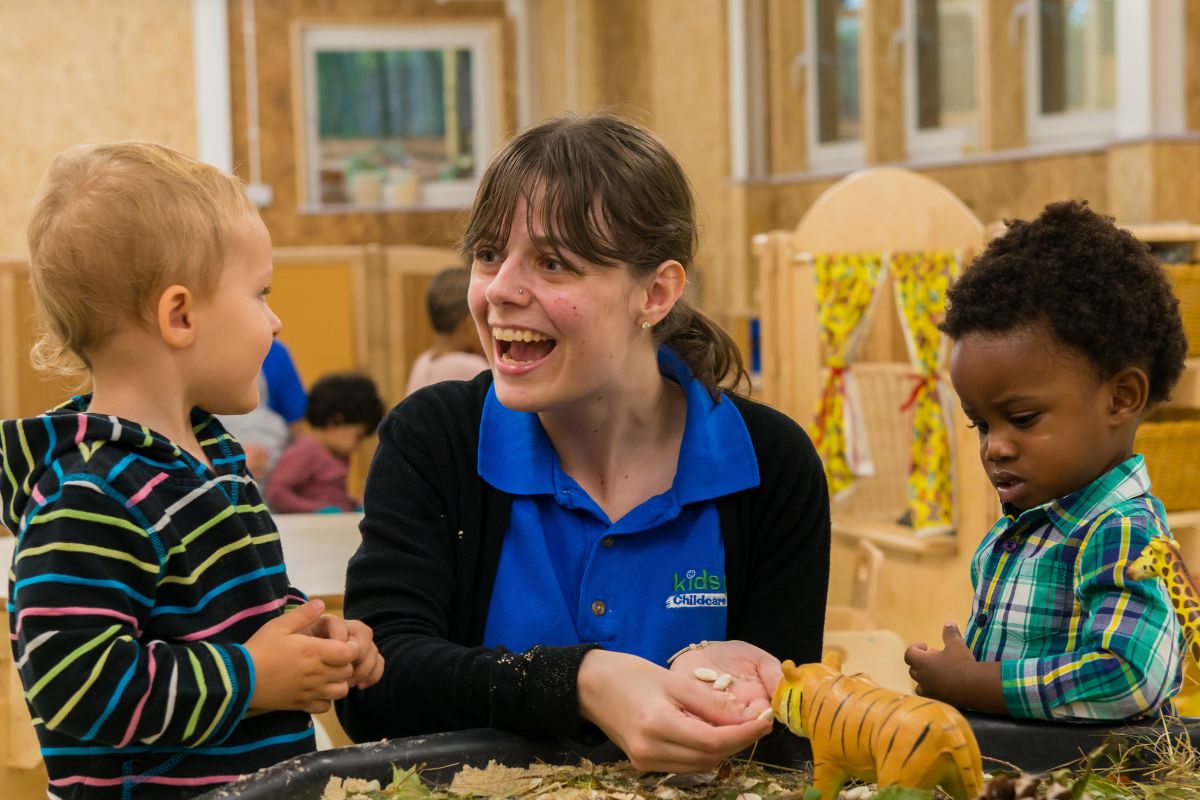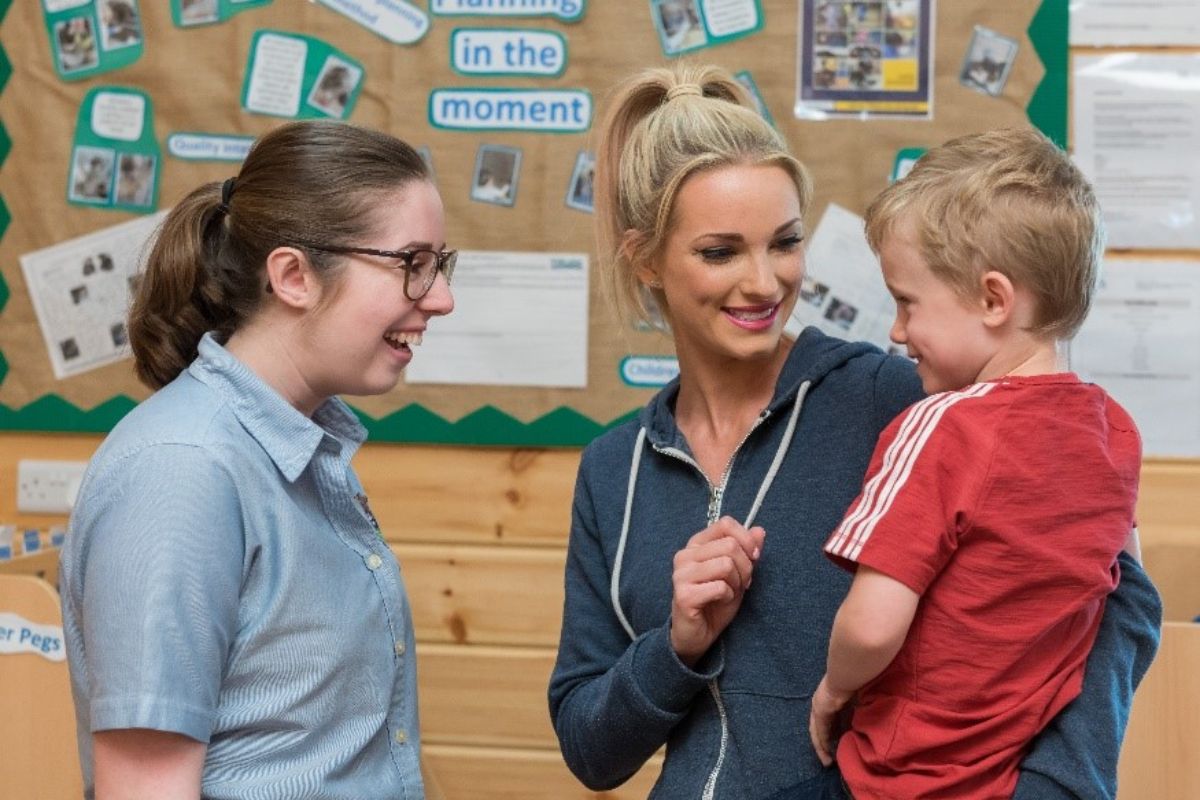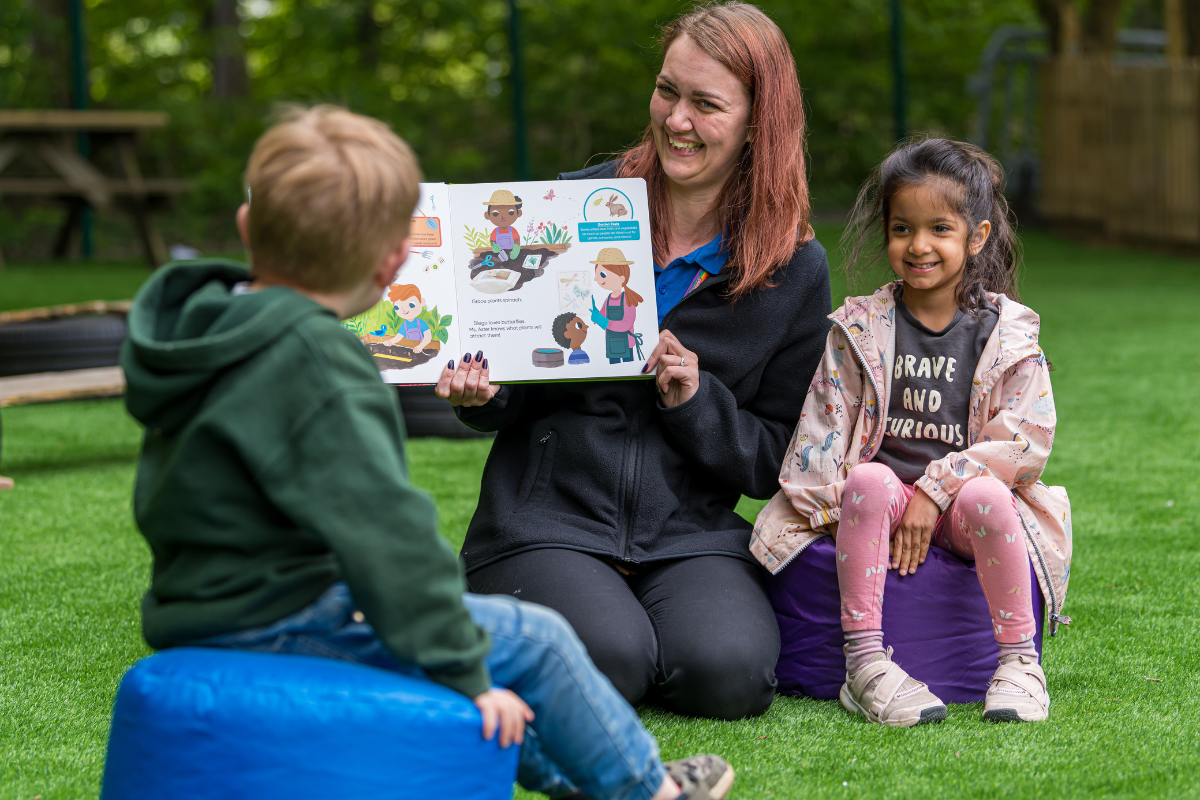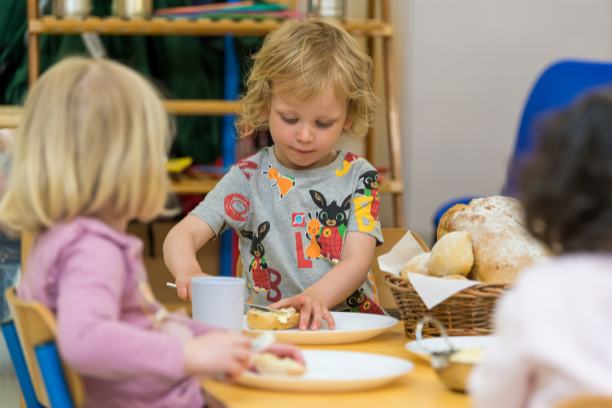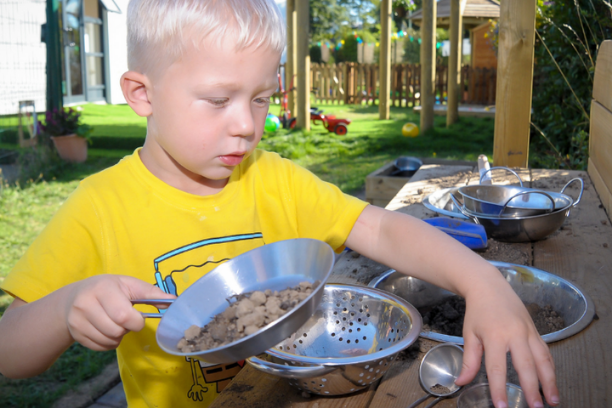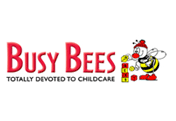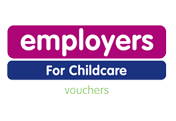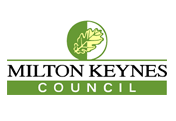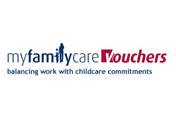Every child is completely unique and will learn to speak and communicate at his or her own pace…
There is usually no need to be worried about a late talker, however, parents and guardians can encourage their child to feel confident and enjoy communicating.
Here are some top tips by The Communication Trust (TCT,2007) for encouraging your children to talk:
Talking Time
Try to set aside some talking time with your child and make sure to turn off the TV or radio/music to avoid distraction.
Talking and playing together can be done during meal times as a family, in the car or when reading a story with your child at bedtime. It is also important to allow your child to take the lead during these times, as this will keep them engaged, motivated and support their critical thinking and language skills.
Use simple, repetitive language
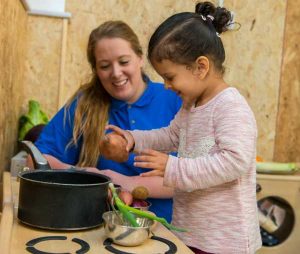
When talking to your child speak slowly and clearly and even repeat words a few times.
Your child will need to hear the same words many times before they are able to understand and use them. However, it is crucial that you give your child time to process what you are asking and to think about how to answer questions.
Use a range of expressions
The use of physical expressions, such as gestures, body language, facial expressions and tones of voice are a great way of showing your child that you are interested in what they are saying. Expressions will also help them to keep their interest and give them the confidence to continue.
Demonstrate rather than correct
If your child says a word or a sentence incorrectly, simply repeat what they have said in the correct way rather than pointing out the mistake. For example, if your child says “tat” when you know they meant “cat”, you can say “you saw a Cat”. If they are using grammar incorrectly, you can do the same. For example, if your child says, “the dog runned”, you can say, “yes, the dog ran”.
Use songs, rhymes and stories
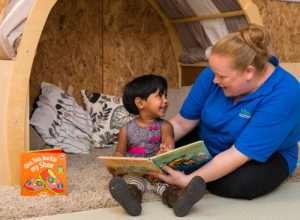
Studies show that children who are frequently read to from an early age are more likely to develop larger vocabularies, better communication skills and grammar in later life.
When you sing your child’s favourite nursery rhymes, songs or repeat favourite stories, try to sing or speak slowly to help your child listen to the words of the rhyme or story. Or when singing songs, miss out words for your child to fill in the missing gaps.
Using actions will help your child to understand the meaning of the words too. Share stories with your child such as interactive books with fold-outs or different textures.
Remember to praise your child for their efforts, you can do this both verbally and non-verbally, by smiling, clapping or using positive words, such as ‘well done’.
Children develop at varying rates
What is considered as “normal” speech development can vary between children and many children who are ‘late-talkers’ will still end up with excellent communication skills.
If your child points, makes eye contact or gestures, this is also a great indication that he or she is developing normal communication skills and may understand a lot more than they can say.
If you are worried about the development of your child’s speech or if your child is having difficulties communicating verbally with you, speak to your GP or a member of staff at your child’s nursery for help with encouraging your children to talk.
References
https://www.thecommunicationtrust.org.uk/media/262297/npdw_toptips_ey.pdf
https://www.parents.com/baby/development/talking/9-ways-to-help-your-childs-language-development/
https://www.webmd.com/baby/features/helping-your-late-talking-children#2
https://www.bayareaparent.com/Article/How-to-Encourage-Your-Child-to-Talk/
Back to Articles
